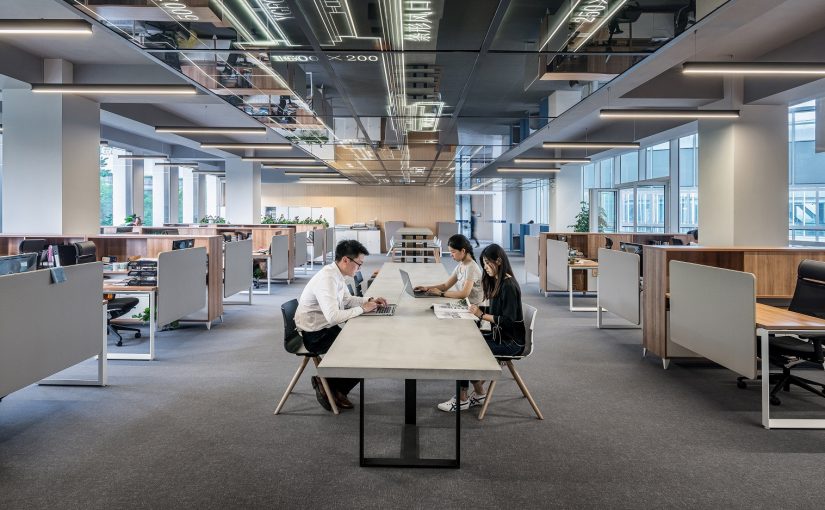Today marks a significant shift as all employees gain the right to request flexible working arrangements from the outset of their employment journey. Gone are the days when one had to clock in 26 weeks before even broaching the subject; now, from day one, workers hold the power to shape their work lives according to their needs.
Flexible working, a term encompassing diverse work styles beyond the traditional 9-5 office grind, extends possibilities from remote setups to commute-saving adaptations.
This change heralds a new era of workplace flexibility, empowering individuals nationwide to tailor their work environment from the get-go.
In a landmark move, the Flexible Working (Amendment) Regulations 2023 received Royal Assent this July, supported by Kevin Hollinrake, the Minister for Business and Trade.
“A happier workforce means increased productivity.”
Flexible working, a versatile concept, encompasses various work styles diverging from the typical 9–5 office grind. Its scope extends to adjustments in work location, such as remote setups, aiming to alleviate the burden of commuting, among other possibilities.
Introduced during Tony Blair’s tenure in the early 2000s, the concept of flexible working initially targeted parents with children under six and caregivers of minors under 18, empowering them to request tailored work arrangements.
Peter Cheese, CEO of the Chartered Institute of Personnel and Development, highlighted that while additional legislation was implemented, the COVID-19 pandemic acted as a catalyst, rapidly advancing both comprehension and the clamour for flexible working arrangements.
According to Mr. Cheese, the latest legislation promises to be a game-changer for millions, offering a pathway to striking a harmonious balance between work and personal life. It empowers individuals with greater autonomy and flexibility, granting them the chance to shape their work environment and schedule according to their preferences and obligations.
He emphasised that the flexibility encompassing time management, scheduling, and work location could be truly transformative, particularly for individuals grappling with health conditions, caregiving duties, or navigating significant life choices.
Moreover, he underscored, “In an era marked by an aging demographic and escalating levels of economic inactivity due to health challenges, the significance of flexible working cannot be overstated. Research has consistently demonstrated its profound impact on enhancing overall wellbeing, rendering it not only advantageous for individuals but also for organisations.”
Effective April 6th, employers are now obligated to engage in consultation with their employees before turning down any requests for flexible working arrangements.
Various factors may lead to the rejection of a flexible working request, ranging from the potential cost implications for the business to concerns about its impact on performance and the feasibility of expanding the team.
In response to these complexities, the conciliation service Acas has rolled out a comprehensive statutory code of practice on flexible working requests, accompanied by insightful guidance. Susan Clews, the CEO, emphasised that this resource aims to steer both employers and employees away from potential pitfalls.
Ms. Clews elaborated, stating, “Flexible working encompasses a myriad of options, including part-time arrangements, flexitime, job sharing, staggered hours, hybrid models, and homeworking. It’s imperative for businesses to start by exploring the range of possibilities.”
A comprehensive survey conducted by the campaign group Timewise, involving 4,000 workers, revealed that an astounding half of them would entertain the idea of requesting a flexible work arrangement right from the start of their employment.
Further research conducted by the advocacy group Pregnant Then Screwed revealed a glaring disparity: mothers are twice as inclined as fathers to seek flexible working arrangements following parental leave.
Joeli Brearley, CEO of the advocacy group, underscored, “Mothers often find themselves disproportionately shouldering the burden of unpaid care work and household responsibilities. Consequently, they are more likely to seek flexible working arrangements. However, the stark reality is that only three in 10 job postings advertise such flexibility, severely restricting the advancement prospects and earning potential of mothers.”
If you’re looking for more flexible working why not look into our coworking offices. BluDesks is the perfect option for renting coworking office spaces at a reasonable price. We have access to hundreds of coworking spaces and you only have to pay for what you use. Find workplaces that are convenient, clever, and cost-effective.


